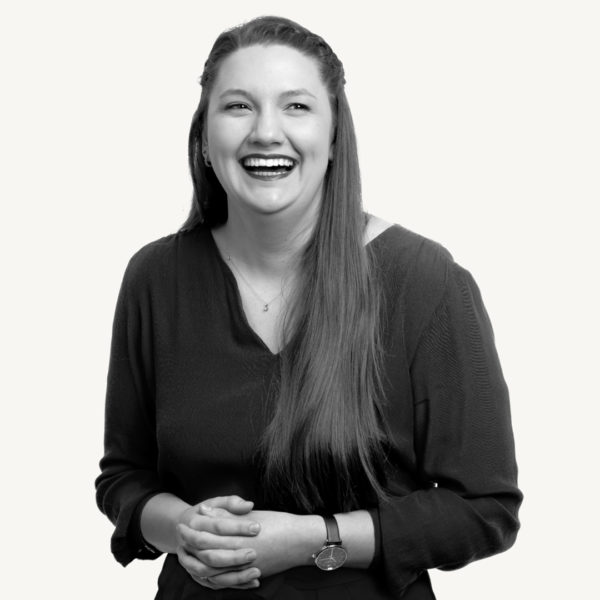When you grow up in a small town, everyone is family, according to UT medical student Emmalie Berkovsky.
Emmalie grew up in Shiner, a Central Texas town of about 2,000 residents. “It’s one of those places that’s not just where you grew up. It’s your home,” she says. “Everyone is really tight-knit.”
Her hometown stayed close to her heart when she left to attend school in Austin. Emmalie graduated with a bachelor’s degree in chemical engineering from the Cockrell School of Engineering in 2017, then moved across campus to the Dell Medical School. Her dream — to become a great doctor and return to serve the community she loves.
Growing up in a small town has many perks, but world-class medical care isn’t always one of them. “Shiner, because it’s so rural, is medically underserved,” says Emmalie. “It’s 50 miles to the closest large health center.” That means instead of hospitals, residents of Shiner and the surrounding towns rely on small family practices for all their care.
Your primary care doctor is who you see for everything, she says. “My doctor delivered me, and I saw him my whole life until I moved away.”
She says that although her family doctor was great, the scope of what his practice could do was limited. If you needed surgery or had a complicated illness, you had to travel to Austin, San Antonio or Houston to get treatment — a big problem for people struggling with urgent health issues.
Emmalie knows firsthand the heartache this can cause. When she was in middle school, her grandmother became seriously sick. She had an obstruction in her stomach and was told by doctors in nearby Victoria that there was nothing they could do. Emmalie’s family was devastated.
“No one should ever be told that it’s their time just because no one in their town has the ability to help them,” she laments. Her grandmother ended up moving to San Antonio for treatment and lived many years after that, but the episode stuck with Emmalie.
Currently in her clinical year at Dell Med, Emmalie is passionate about the impact primary care can have on people’s lives for prevention and early detection. When she graduates, she plans to return home with her training in community-centered care.
“Good care starts at the local level. That way, you never get to the point of being told that there’s nothing more we can do,” she says.

